We know our thoughts control our actions and our behaviour, and therefore they control and create our lives. But how many of us are really in control of our thoughts, adept at keeping at bay the runaway train that is our mind, which before we know it, has sped off into an anxiety attack or is deeply immersed in fear and worry, and worst-case scenario thinking?
It is so easy for us to twist the reality around and become victims of what psychologists call distorted thinking, where we may imagine things which are not there, and get worked up and anxious about situations which are just not real.
What exactly is distorted thinking? Psychologists have identified several different kinds of distorted thinking which include the following:
- All or none thinking – You look at things in absolute terms; you are either perfect or no good, there is nothing in the middle. Perfectionist thinking falls in this category.
- Overgeneralisation – You see a negative event in terms of a recurring pattern, so if you have lost one tennis match, you will always lose in tennis.
- Mental filter – You focus on the negative and don’t see the positive in any given situation.
- Discounting the positive – You believe that the positive doesn’t count.
- Jumping to conclusions – You simply presume that things are bad without any valid reason or factual proof.
- Mind-reading – You presume that other people are thinking negative thoughts about you.
- Fortune-telling – You see a negative outcome in the future.
- Magnification or minimisation – You either exaggerate the importance of something out of proportion to what it is or reduce its importance. A common distortion with people who are prone to “What if” thinking.
- Emotional reasoning – You believe that if you feel it, it must be true, therefore “I feel stupid so I must be stupid”.
- Should statements – You live your life by a list of shoulds and shouldn’ts. If you don’t do what you think you should, you feel guilty and if others don’t do what you think they should do, you feel angry and frustrated.
- Labelling – You give yourself a global label such as “failure” or “loser” or simply “a bad person” instead of saying “I failed at that task”.
- Blame – Either you blame yourself and take personal responsibility for someone else’s problem, or you blame someone else for your own predicament.
It is only when we first realise and acknowledge that our thinking is distorted, and then make a conscious effort to base our thoughts on facts and reality, that we can transform our lives for the better.
